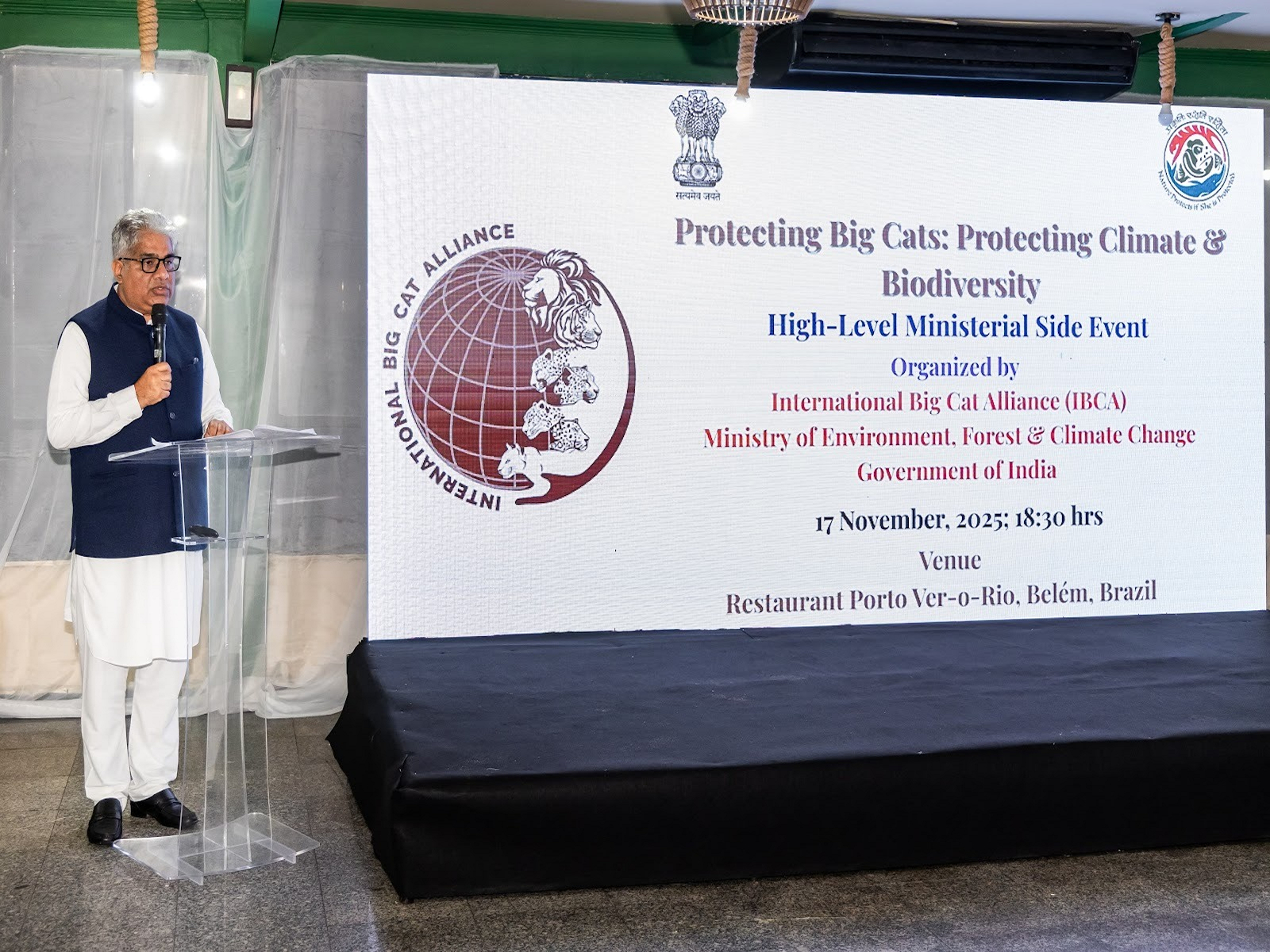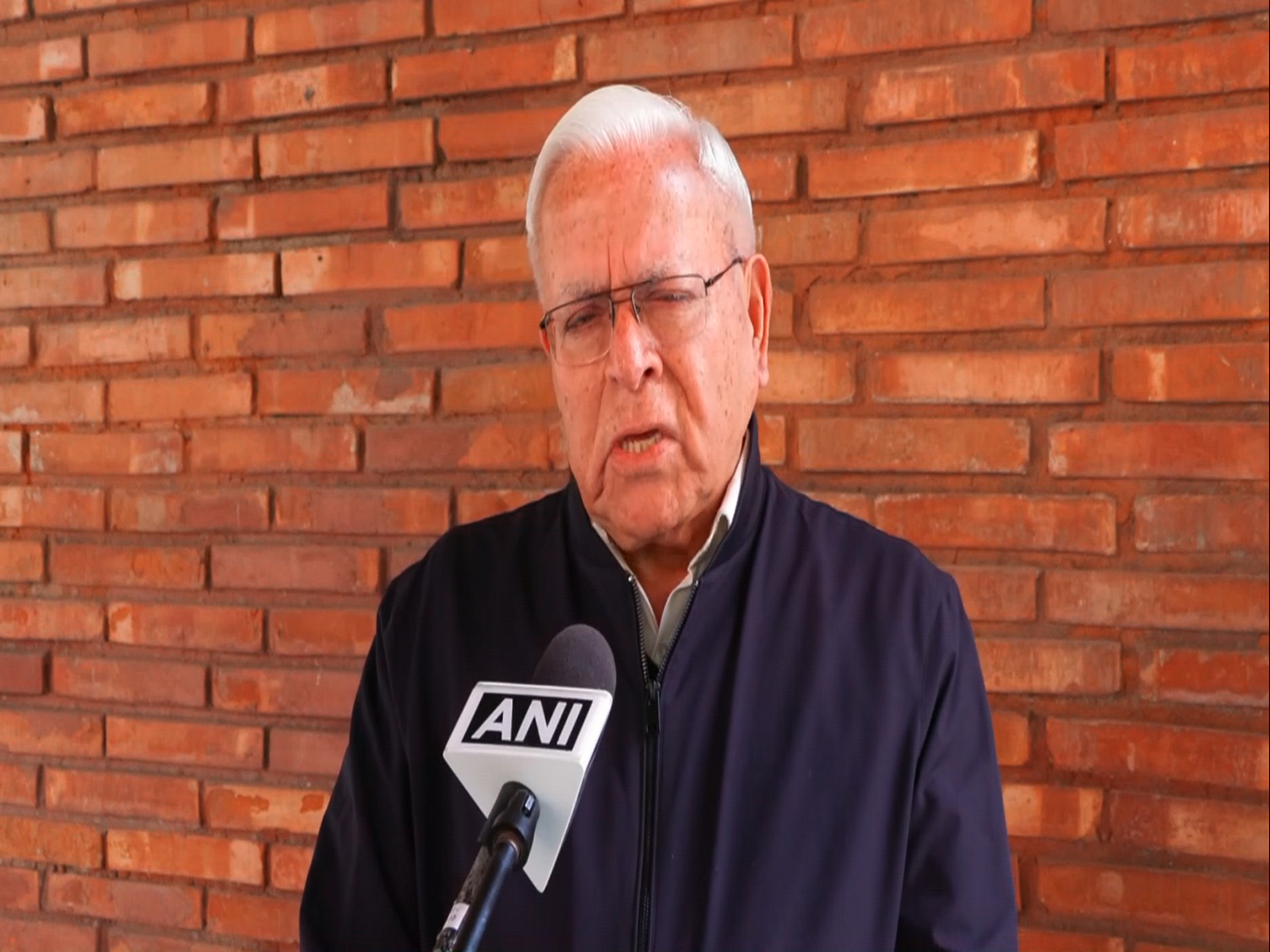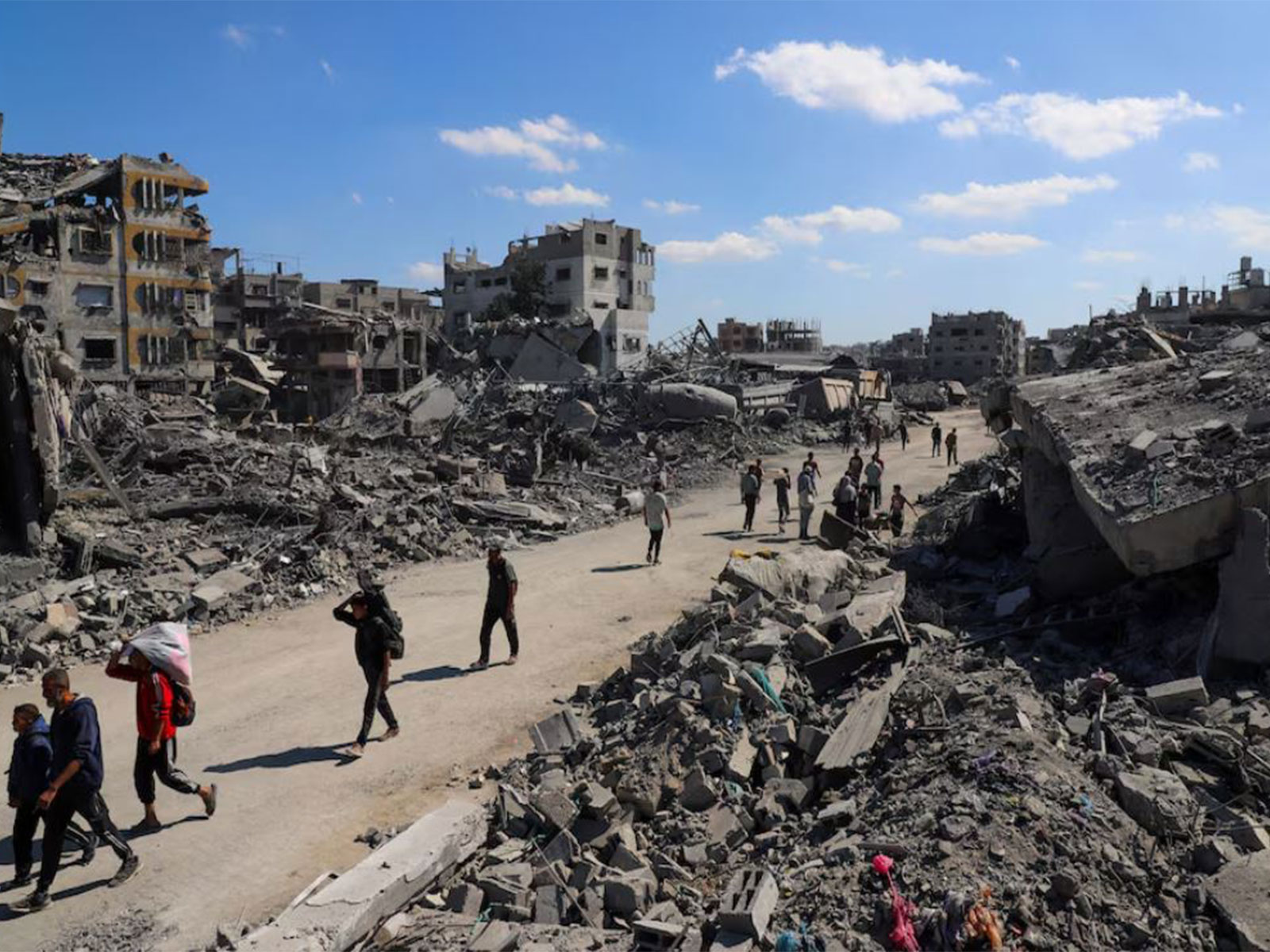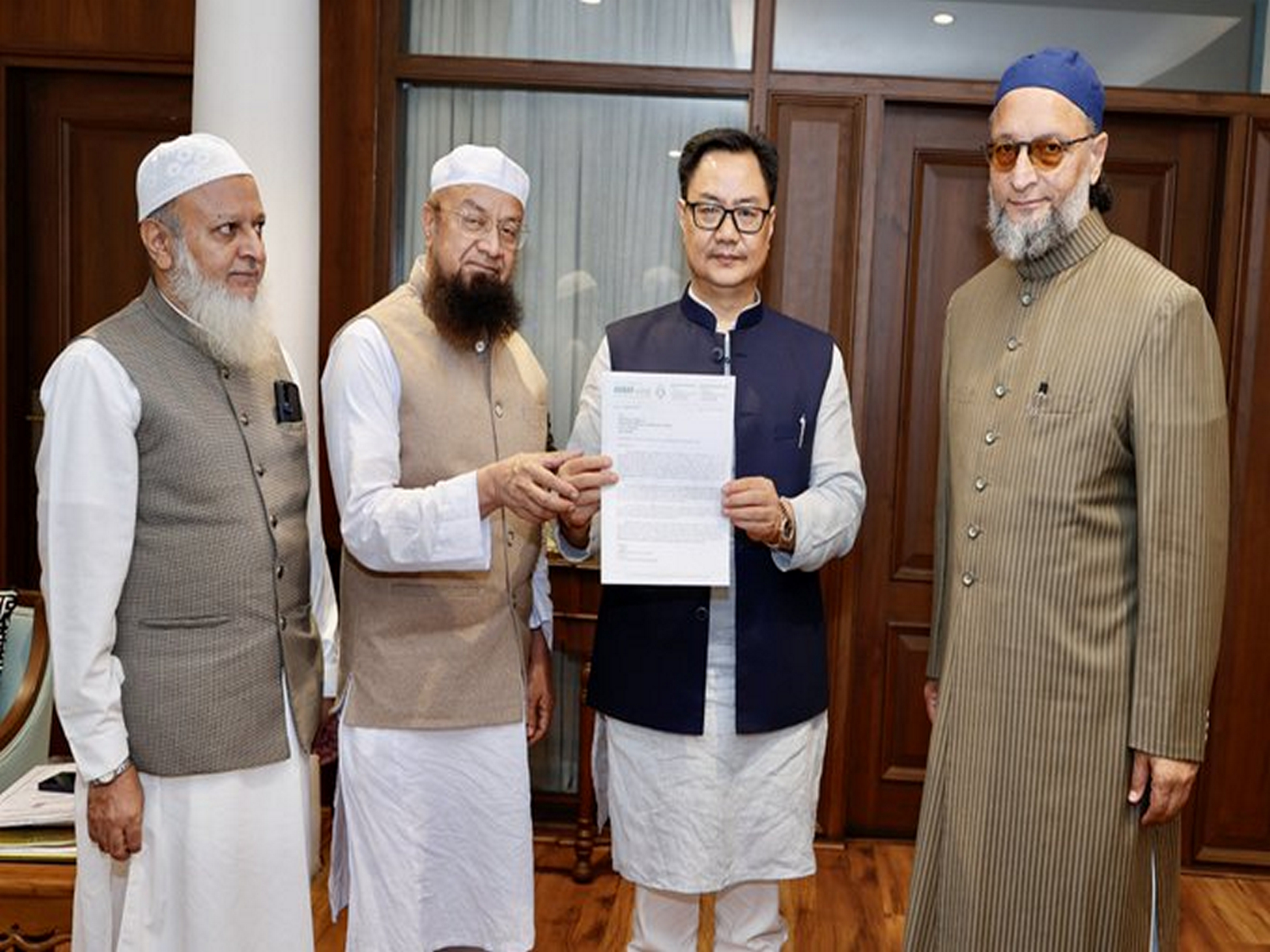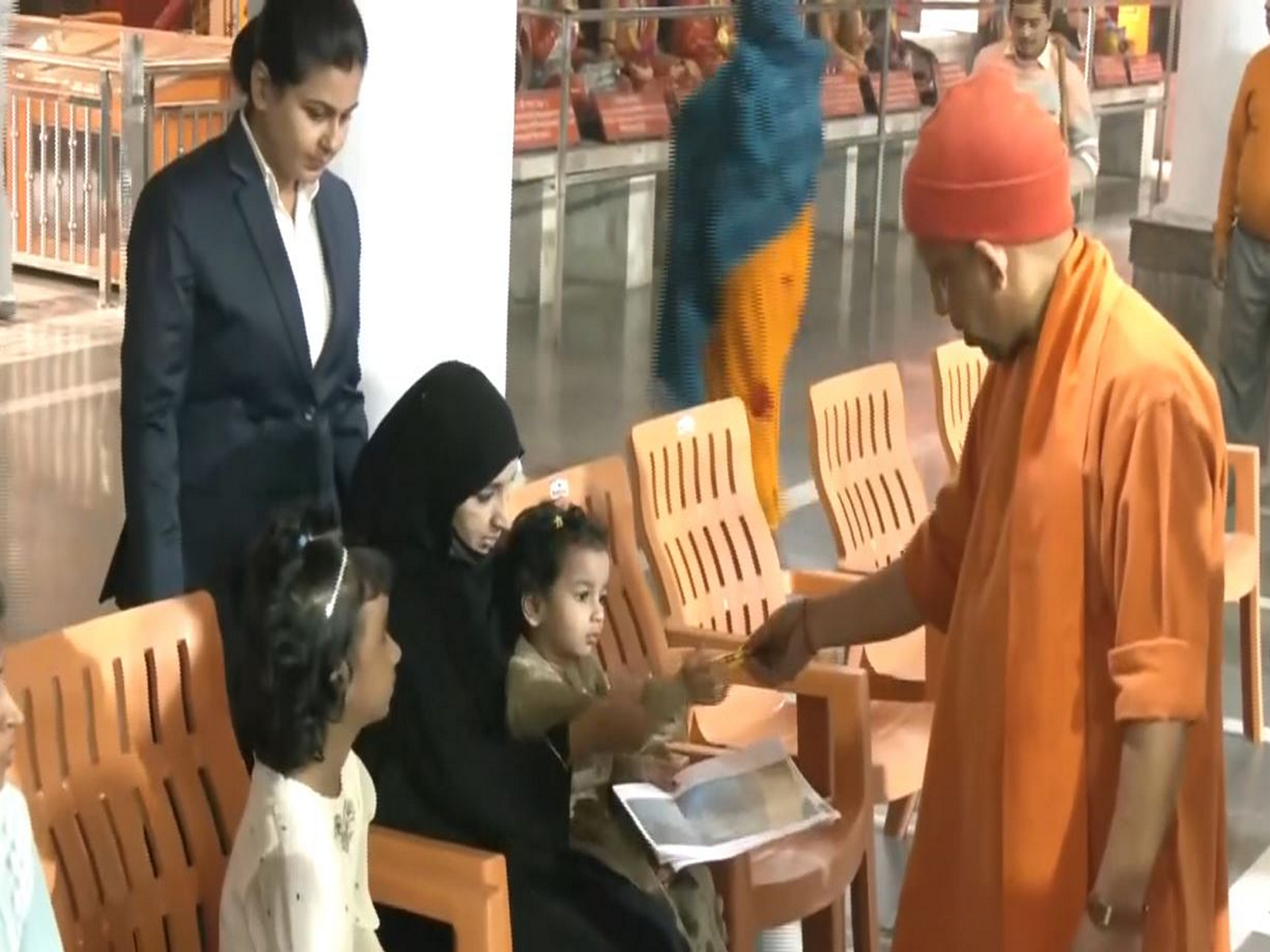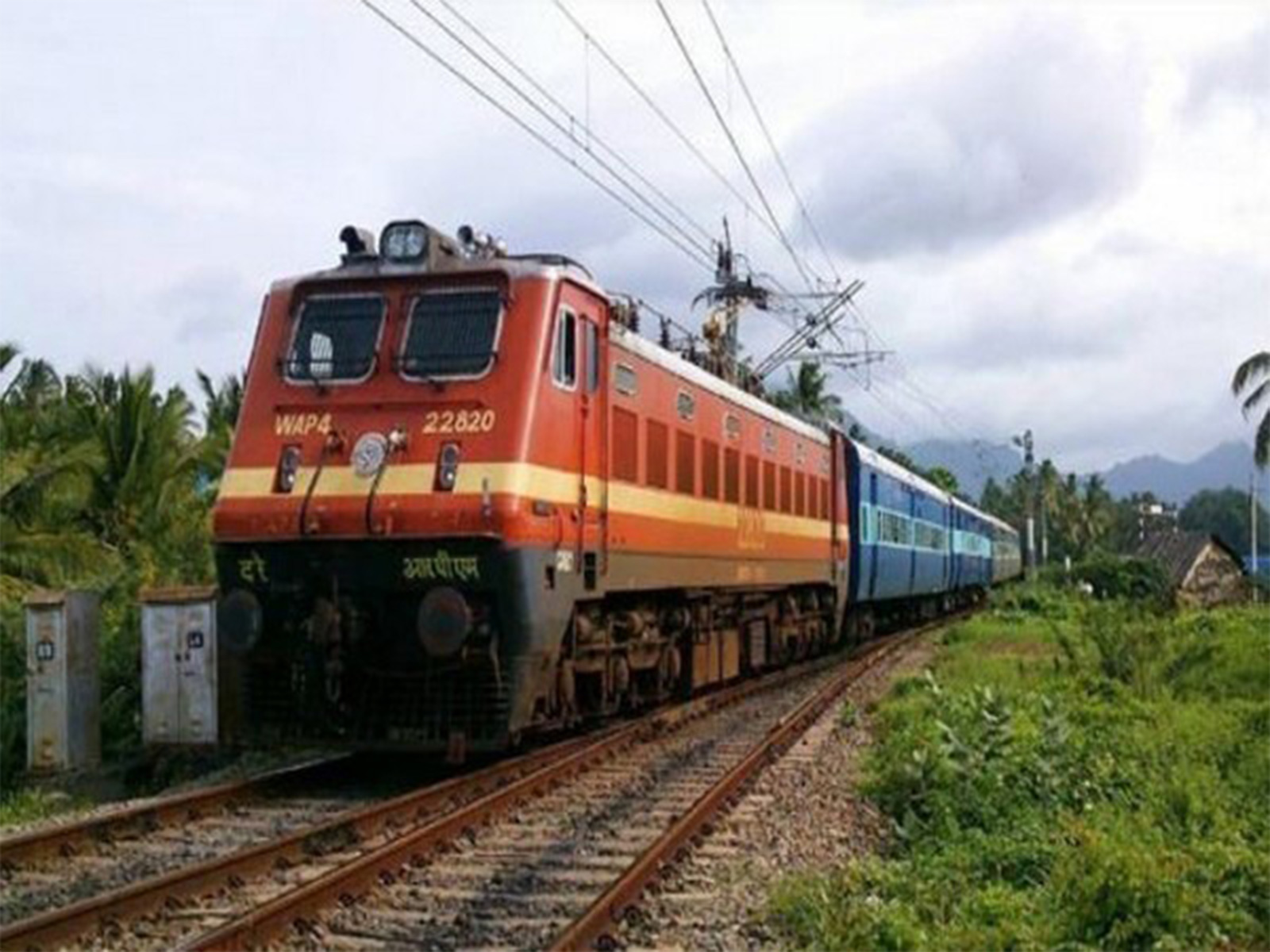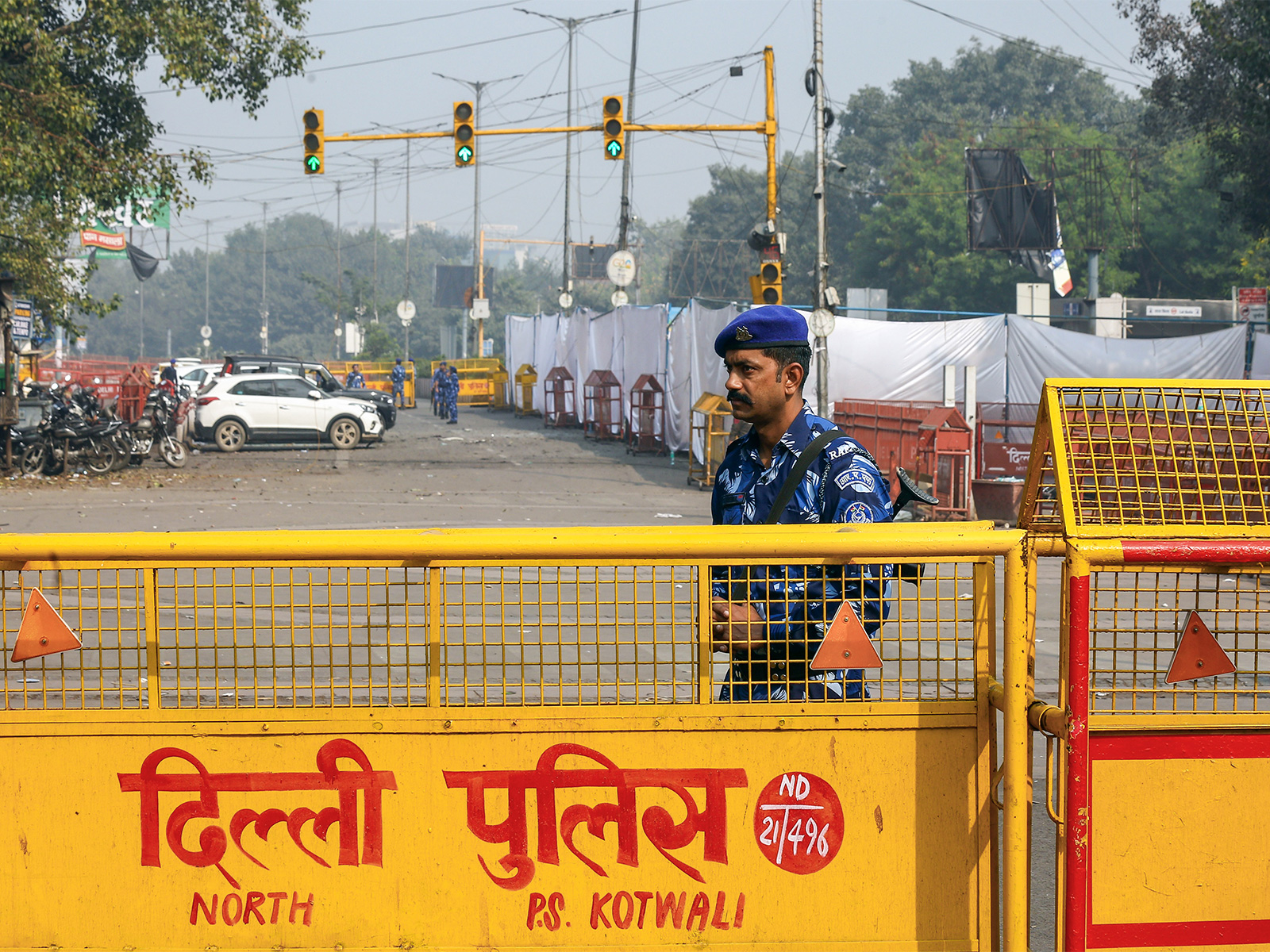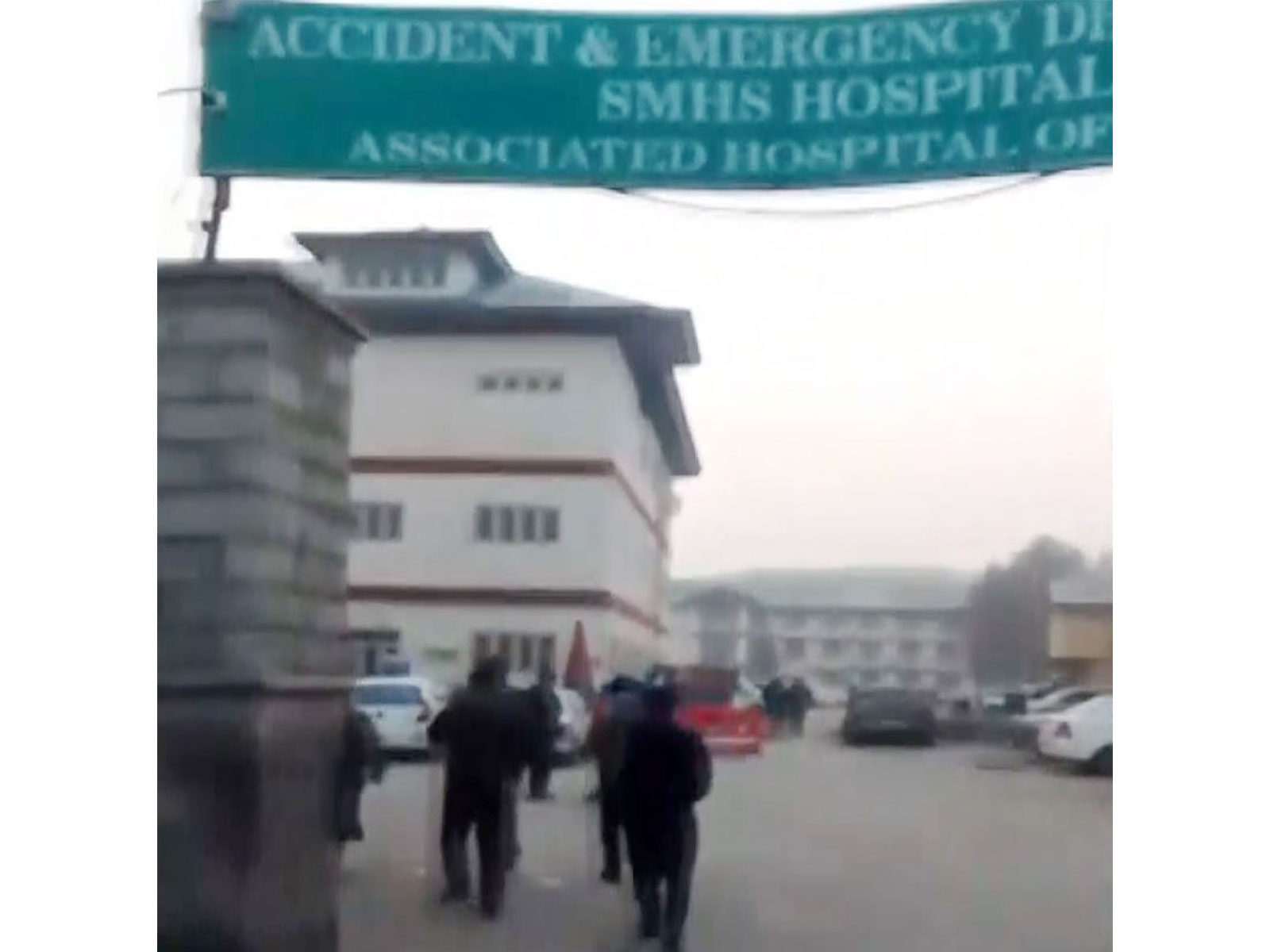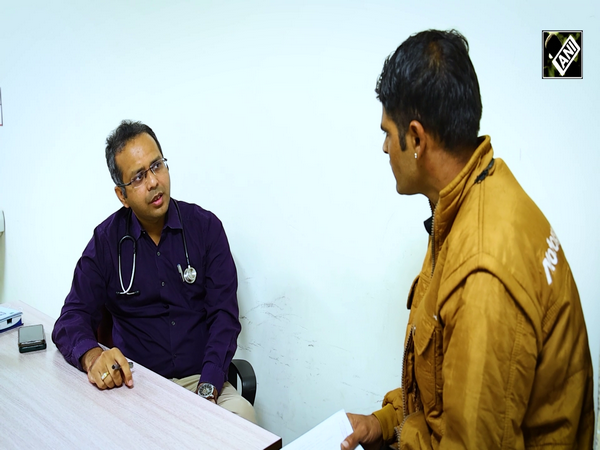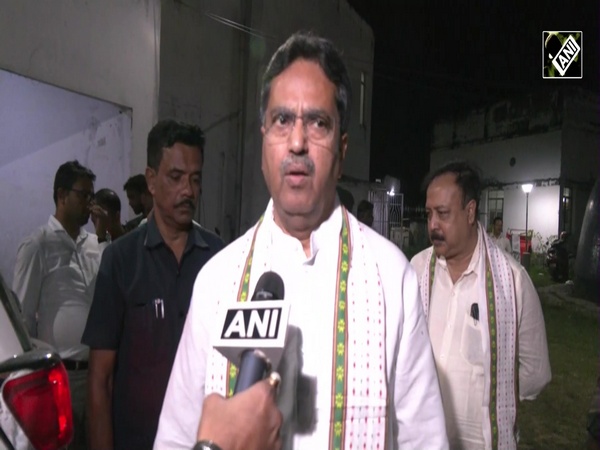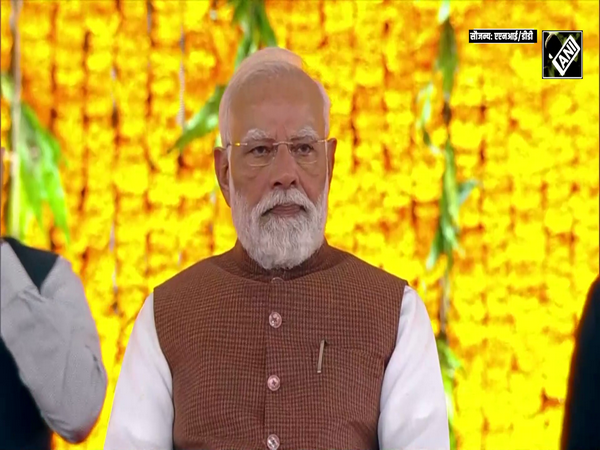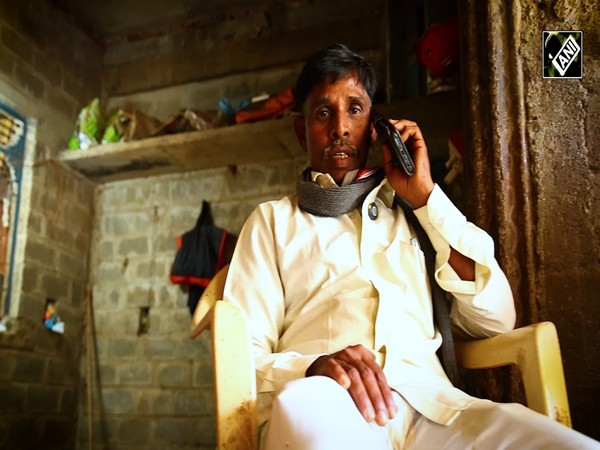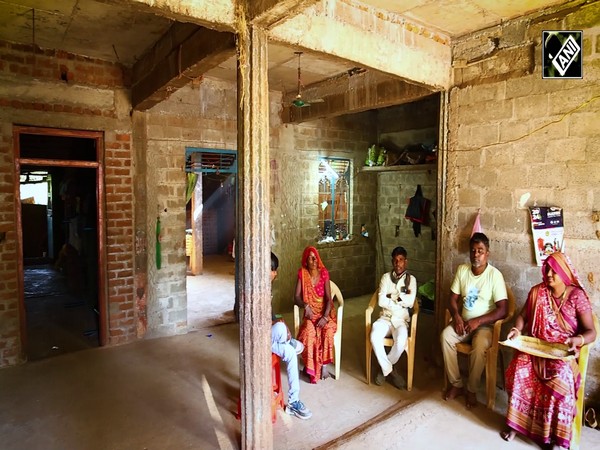East Turkistan government in exile condemns 75th founding anniversary of "People's Republic of China
Oct 01, 2024

Washington, DC [US] October 1 : The East Turkistan government in exile has issued a press release marking the 75th anniversary of the People's Republic of China (PRC), calling it not a "people's" republic as claimed by the Chinese Communist Party (CCP), but rather the resurgence of a more ruthless and deceptive form of the Chinese empire.
"October 1st marks the moment when the Chinese empire was reborn as the so-called People's Republic of China; while falsely claiming to oppose imperialism, the CCP has not embraced but expanded it," said Mamtimin Ala, President of the East Turkistan government in exile.
The East Turkistan Government in Exile further condemned the anniversary, stating that shortly after its establishment on October 1, 1949, the PRC invaded East Turkistan on October 12, aiming to crush its independence. Since then, the PRC has waged an ongoing campaign to erase East Turkistan's sovereignty, suppress its culture, and carry out genocide.
The press release said that once an independent nation, has turned into a center of severe oppression, facing colonisation, mass internment, forced sterilisation, and widespread surveillance, while also acting as a launchpad for China's territorial ambitions in Central and South Asia.
The East Turkistan government in exile described the PRC's "Chinese dream" as an imperialist nightmare focused on achieving total control and erasing the identities of the nations it occupies.
East Turkistan, also known as Xinjiang, is a region in China home to a significant population of Uyghurs, a Turkic ethnic group.
The area has been the focus of international concern due to allegations of human rights abuses by the Chinese government, which include mass detentions, surveillance, and cultural repression aimed at the Uyghur population.
The Chinese government justifies its actions by claiming they are necessary to combat extremism and maintain national security.
However, critics argue that these measures amount to systemic oppression and genocide.
The situation has led to widespread condemnation from various countries and human rights organisations, creating a complex geopolitical issue involving ethnic identity, cultural rights, and international relations.
